The Role of Silver in Antimicrobial Additive Technology
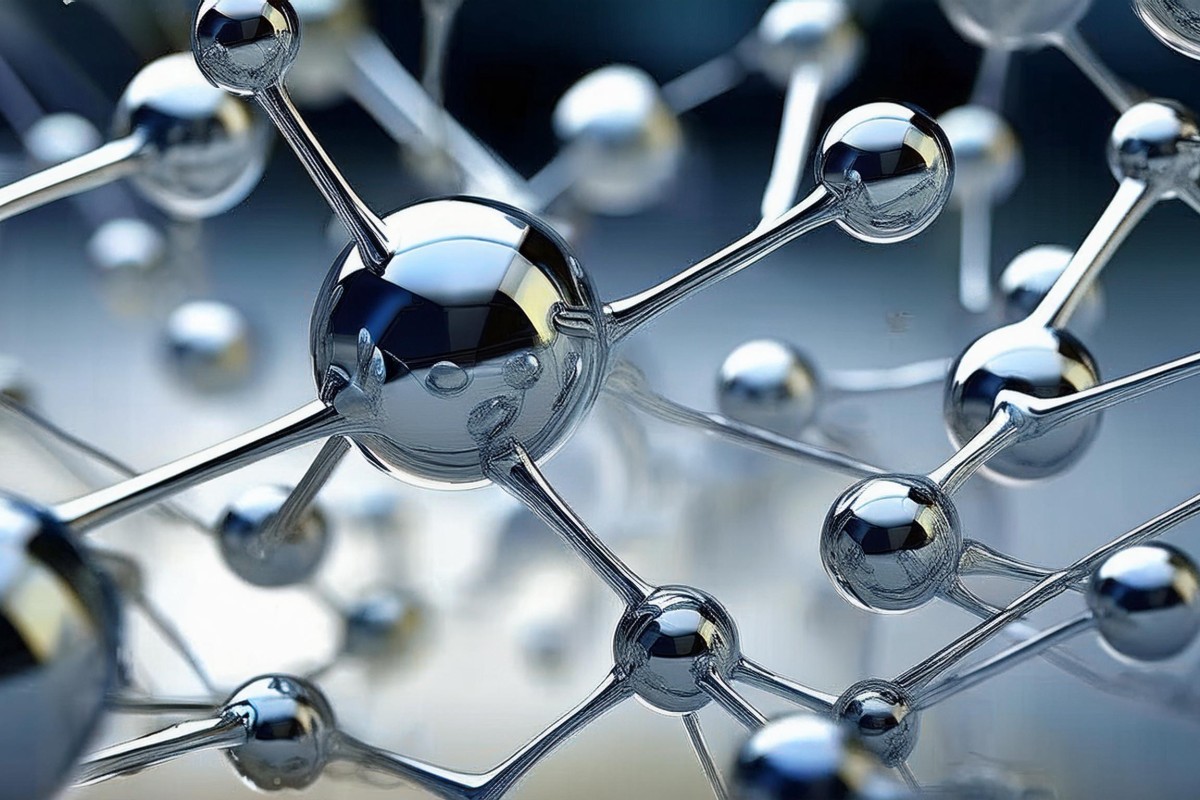
Silver has been revered for centuries as a powerful and reliable antimicrobial agent, with ancient civilisations recognising its ability to preserve freshness and prevent microbes. From storing water in silver vessels to applying silver-based treatments for wounds, its natural ability to combat harmful microbes has stood the test of time. Today, silver remains one of the most trusted and effective solutions in helping to control bacteria, viruses, and fungi in a wide range of industries, from healthcare to food packaging.
At Addmaster, we harness this remarkable natural property within our advanced Biomaster antimicrobial additive technology. By enhancing silver’s inherent antimicrobial capabilities, Biomaster provides continuous, long-lasting product protection against harmful bacteria, ensuring the products we use every day are hygienic. From medical devices to household items, Biomaster is stopping microbes in their tracks through the use of silver.
Consumers are now increasingly mindful of product hygiene and environmental impact, Biomaster stands out as a responsible choice. Let’s explore the efficacy, safety, and sustainability of silver-based antimicrobial additives, backed by rigorous scientific research and real-world applications. With Biomaster, you can be confident that you’re choosing a solution that not only works but also aligns with modern expectations for both performance and environmental responsibility.
The Importance of Antimicrobial Product Protection
Hygiene has become a top priority across many industries, and antimicrobial product protection is now no longer a luxury - it’s a necessity! The need to protect surfaces and products from microbial contamination is now particularly crucial in sectors including healthcare, food packaging, hospitality, and public transportation, where hygiene standards directly impact the public. As consumers become more informed and demand improved hygiene measures, businesses must now prioritise antimicrobial solutions that offer proven, long-lasting product protection.
Even in everyday environments, such as kitchens, bathrooms, and public spaces, bacteria, viruses, and fungi can thrive on surfaces. Recent global events, such as the COVID-19 pandemic, have further underscored the importance of maintaining hygienic environments, accelerating the demand for antimicrobial additive technologies.
For centuries, silver has been at the forefront of antimicrobial solutions. Ancient civilisations recognised its value, using silver coins to purify water and applying silver compounds to treat wounds. This ancient wisdom is now backed by modern science, with numerous studies documenting silver’s remarkable ability to inhibit microbial growth. Today, silver is widely used in everything from medical devices, such as catheters and wound dressings, to everyday products like kitchenware and packaging materials.
Silver’s effectiveness lies in its multifaceted approach to combating microbes. When silver ions come into contact with bacteria, they disrupt essential cellular processes, effectively inhibiting the growth of pathogens. Unlike traditional disinfectants that require frequent reapplication, silver-based additives provide continuous product protection, making them ideal for products alongside traditional cleaning regimes where surfaces need to remain hygienic over extended periods. The growing awareness of hygiene and the need for antimicrobial protection has fuelled the adoption of silver-based technologies.
Addmaster’s Biomaster technology leverages silver’s proven antimicrobial properties to meet the modern demand for hygiene. With rigorous testing and scientific validation, Biomaster ensures that products are protected from harmful microbes, providing both consumers and businesses with peace of mind. The role of silver in antimicrobial product protection remains as critical today as it was in ancient times, offering a trusted and effective solution to some of the world’s most pressing hygiene challenges.
How Silver-Based Antimicrobial Additives Work
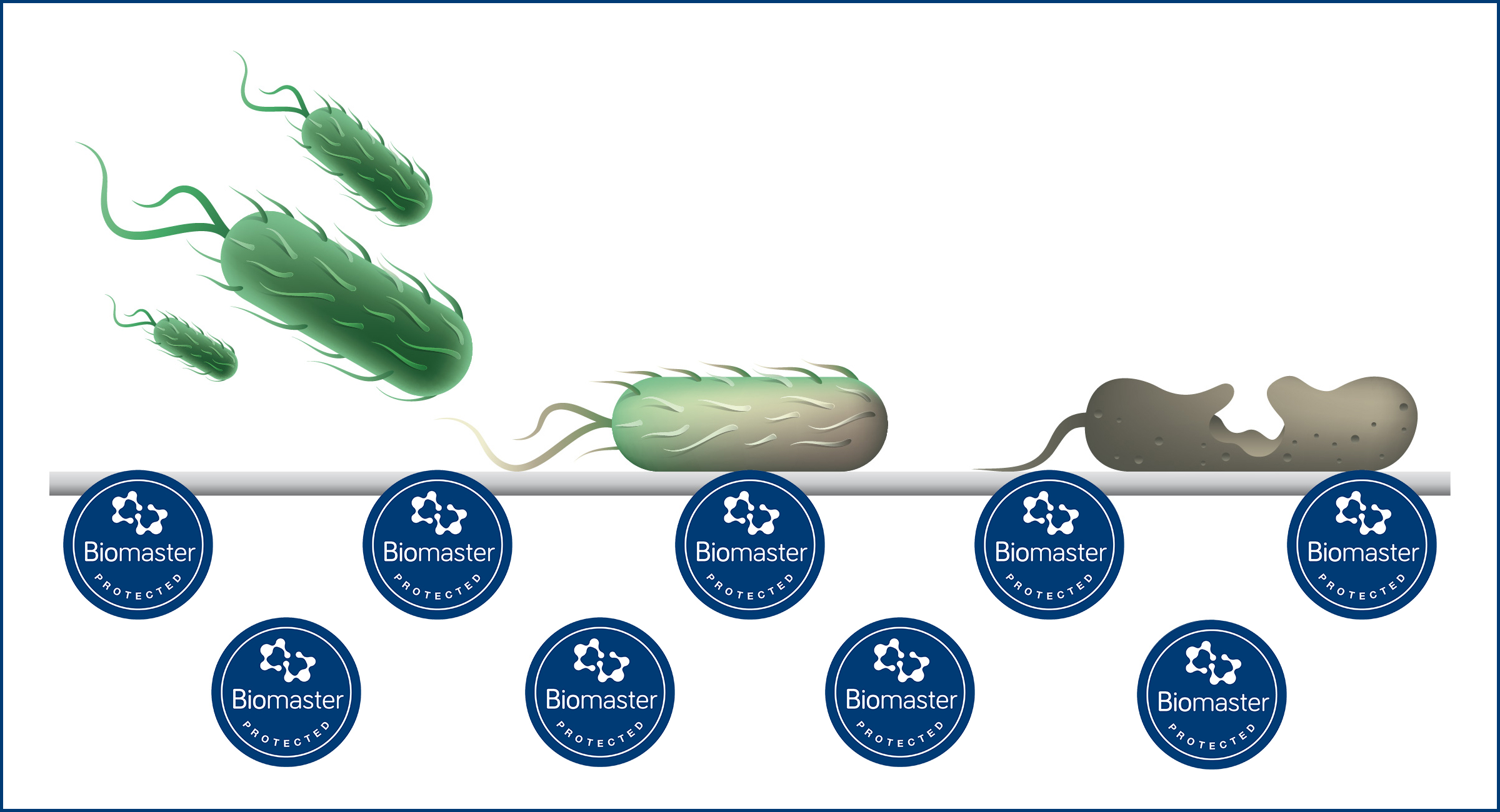
Silver’s antimicrobial power stems from its ability to attack bacteria through multiple biological pathways. Unlike many traditional disinfectants that rely on a single mode of action, silver disrupts microbes on various fronts, making it highly effective at preventing their growth and survival. This multi-targeted approach is what has made silver such a trusted and reliable antimicrobial agent throughout history.
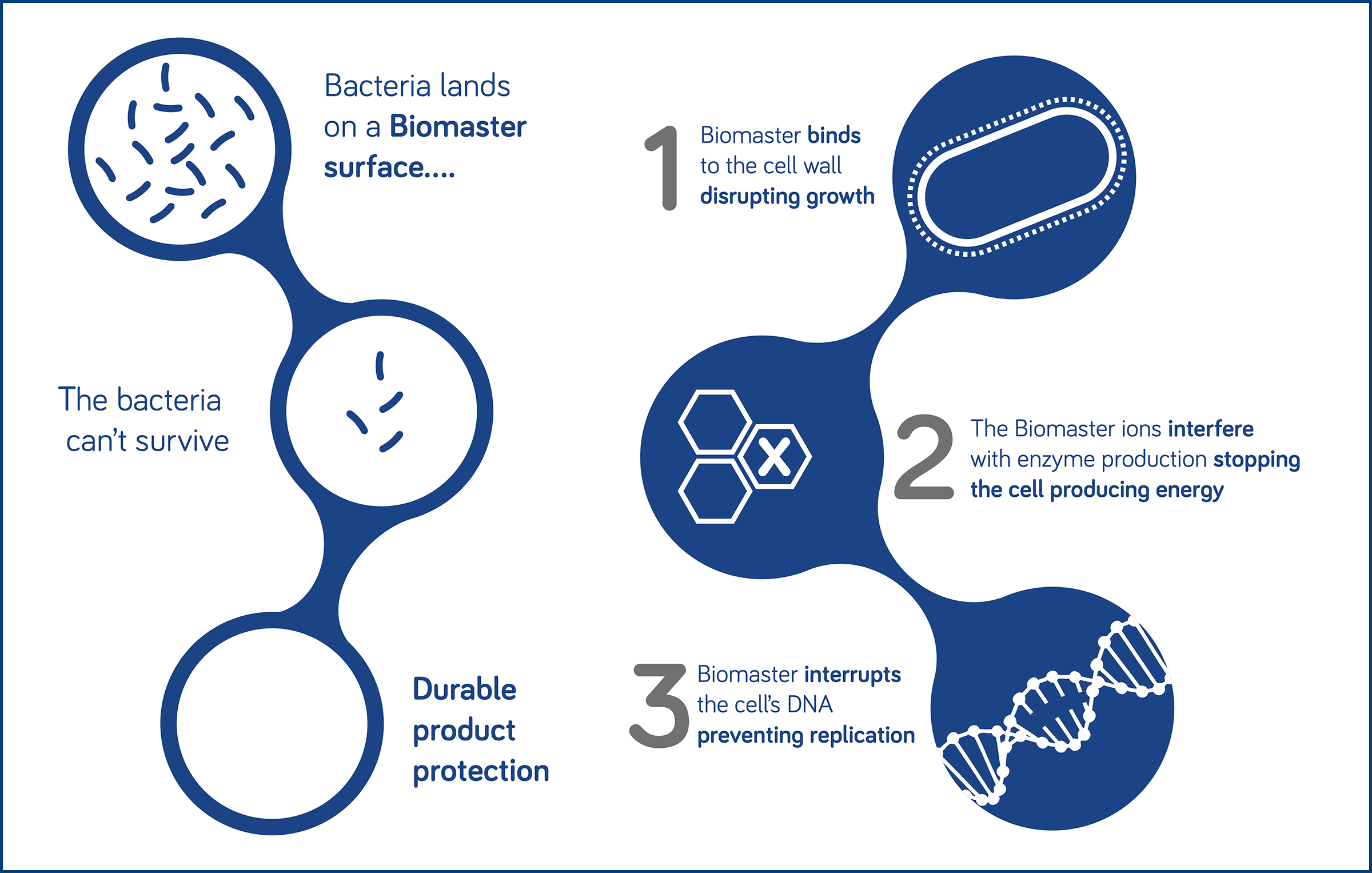
When silver is introduced into an environment, it releases silver ions (Ag+), which are the active agents responsible for its antimicrobial effect. These ions interact with microbes in several ways:
- Disruption of Cell Membranes - Silver ions bind to the bacterial cell membrane, destabilising its structure and causing physical damage. This makes the membrane more permeable, leading to leakage of essential cell components and ultimately, the death of the bacterial cell.
- Inhibition of Cellular Respiration and Energy Production - Once inside the cell, silver ions interfere with the function of critical enzymes and proteins involved in cellular respiration. By binding to these enzymes, silver blocks the cell’s ability to generate energy, effectively starving the microbe and halting its metabolic processes.
- Interference with DNA Replication - Silver ions also interact with the DNA of bacteria, binding to it and preventing the cell from replicating. Without the ability to reproduce, bacterial populations cannot grow or spread, making silver particularly effective at controlling bacterial outbreaks.
These combined mechanisms ensure that silver not only inhibits existing bacteria but also prevents their reproduction and potential chance of spreading. This broad-spectrum activity makes silver an ideal antimicrobial solution for a wide range of applications.
However, while silver’s natural properties are highly effective, Addmaster’s Biomaster technology takes this a step further by optimising the delivery of silver ions. Biomaster’s advanced formulation ensures that silver is embedded directly into the material during the manufacturing process. This means that, unlike surface coatings that may wear off over time, Biomaster’s silver-based antimicrobial additives are an integral part of the product, providing consistent, long-lasting product protection. It is also possible to add Biomaster to coatings including paints.
Biomaster additives are non-leaching, ensuring that the treated material remains antimicrobial throughout its entire lifecycle. This not only prolongs the effectiveness of the product protection but also ensures that the silver is used efficiently, minimising the amount of silver required to achieve the desired antimicrobial effect.
Additionally, antimicrobial additives are safe for use in products that come into contact with skin or food. Biomaster additives meet regulatory standards for safety, ensuring that while they are highly effective against microbes, they are gentle and non-toxic to humans.
Backed by Science for Proven Efficacy
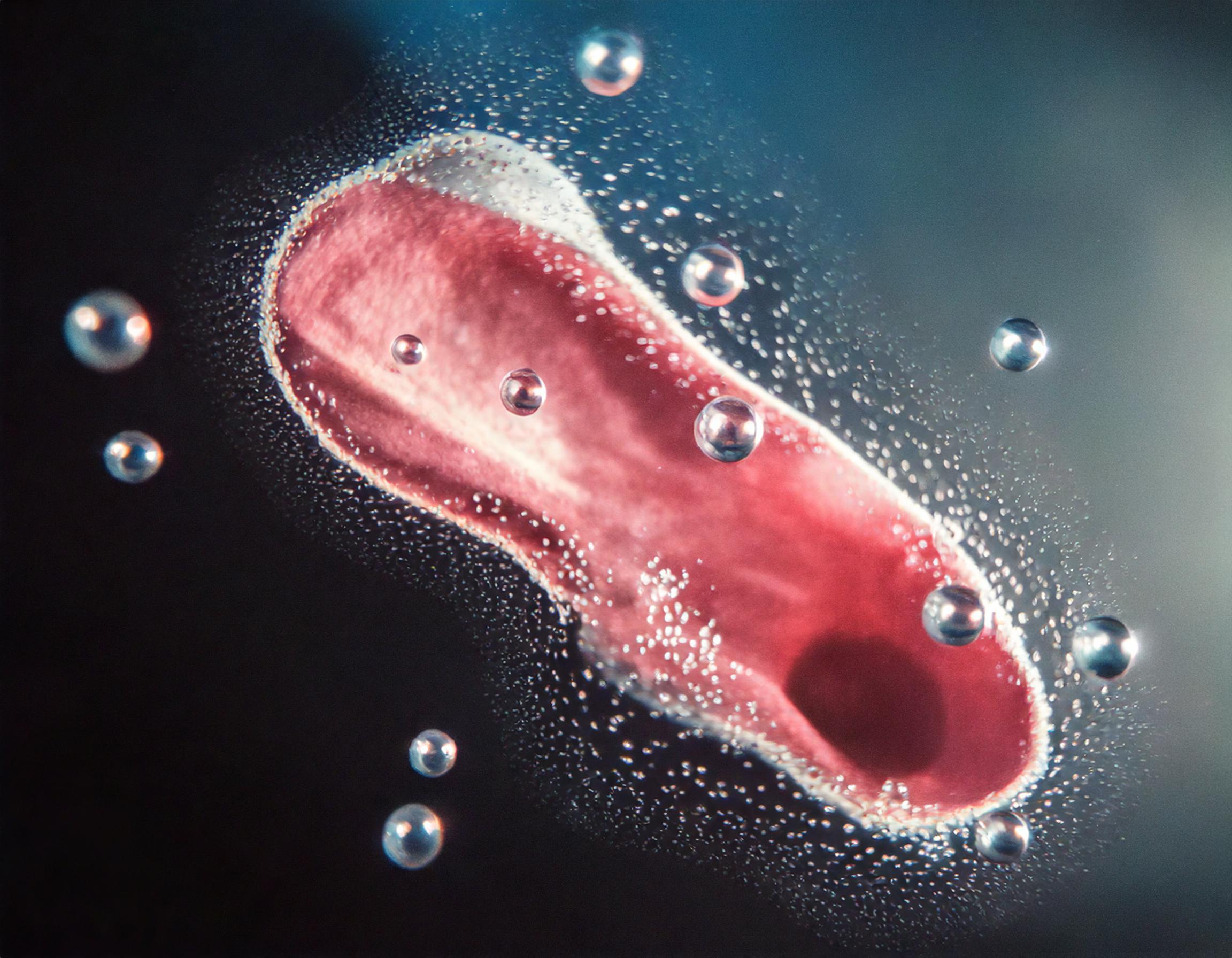
Silver’s ability to inhibit microbial growth has been extensively researched and documented across numerous scientific studies. Its antimicrobial properties have been proven effective in diverse applications making it a trusted solution in environments where hygiene is paramount.
One of the most significant applications of silver’s antimicrobial properties is in healthcare, particularly in medical devices. Silver-coated catheters, wound dressings, and implants are widely used to prevent bacterial colonisation and reduce infection rates. Research has demonstrated that silver-coated medical devices can significantly lower the risk of hospital-acquired infections (HAIs), which pose a risk to patients in clinical settings.
A 2017 study published in the Journal of Hospital Infection evaluated the use of silver-coated urinary catheters and found a substantial reduction in bacterial colonisation compared to uncoated catheters. This study concluded that silver coatings reduced the incidence of catheter-associated urinary tract infections (CAUTIs) by inhibiting biofilm formation on the device surface, which is a common cause of infection in long-term catheterised patients. (This study did not use Biomaster antimicrobial additive technology)
Additionally, silver-treated wound dressings have been shown to accelerate healing and reduce infection rates in patients with chronic wounds. A meta-analysis published in the Journal of Wound Care back in 2010 reviewed several clinical trials and confirmed that silver-based dressings significantly lowered bacterial loads in wounds, promoting faster healing times and reducing the need for antibiotics. This evidence highlights silver’s essential role in enhancing the effectiveness of medical treatments.
Beyond medical applications, silver-based antimicrobial additives like Biomaster have been shown to be highly effective at reducing bacterial contamination in consumer products and industrial materials. Silver’s broad-spectrum antimicrobial action works against various harmful bacteria, including Escherichia coli, Staphylococcus aureus, Salmonella, and even drug-resistant strains like Methicillin-resistant Staphylococcus aureus (MRSA).
For example, a 2015 study published in the journal Regulatory Toxicology and Pharmacology tested the antimicrobial activity of silver-based additives in consumer goods and found that products containing silver additives demonstrated a significant reduction in bacterial presence compared to untreated products. The study also confirmed the safety of these additives for consumer use, including in food contact materials and personal care items.
The effectiveness of silver-based antimicrobial additives has been proven not only in controlled laboratory environments but also in real-world applications. In industrial settings, silver additives have been successfully integrated into products such as food packaging, kitchenware, and textiles to inhibit microbial growth and ensure hygiene. This is particularly important in industries where maintaining sanitary conditions is critical.
A 2020 study conducted by the Food and Drug Administration (FDA) examined the use of silver-based antimicrobial coatings in food packaging and found that these coatings significantly reduced microbial contamination on food surfaces, extending the shelf life of perishable goods. These results underscore silver’s role as a versatile and highly effective antimicrobial solution that offers tangible benefits in protecting both products and consumers.
Dispelling Misconceptions About Silver
Despite silver’s long history of safe and effective use as an antimicrobial agent, certain misconceptions about its safety persist. Some consumers express concerns regarding potential toxicity, allergic reactions, or environmental impact. However, extensive scientific research has repeatedly confirmed that silver is safe for use in controlled concentrations, particularly in the form of antimicrobial additives like Biomaster.
One of the most common misconceptions is the belief that silver may be toxic to humans if used in everyday products. In reality, silver’s antimicrobial action occurs at extremely low concentrations, which are far below levels that would pose any risk to human health. The typical concentrations of silver used in antimicrobial additives range from just 0.1% to 1%, ensuring effective microbial control without adverse effects.
Silver works by releasing ions that disrupt bacterial cells, but these ions do not accumulate in the human body at harmful levels when used as intended. Research published in the Journal of Environmental Science and Health has shown that silver’s antimicrobial effects are potent even at low concentrations, where it can inhibit microbial growth without causing toxicity to human cells or tissues. Furthermore, silver ions are easily excreted by the body, ensuring that they do not build up or cause long-term harm. These findings support the safe use of silver-based additives in a wide range of consumer products.
Another common misconception is that silver may cause allergic reactions or irritation when used in products that come into direct contact with skin. In fact, silver-based additives like those used in Biomaster have been rigorously tested for skin safety. Numerous studies have demonstrated that silver in low quantities poses no risk to human health, even with regular or prolonged skin contact.
A study published in Regulatory Toxicology and Pharmacology investigated the safety of silver-based antimicrobial additives in consumer goods and confirmed that these additives are non-irritating and non-sensitising to human skin. The study further concluded that silver’s allergenic potential is extremely low, with cases of true silver allergy being extremely rare. Biomaster’s silver-based additives undergo stringent testing to ensure they meet global safety standards, including those set by the European Union (EU) and the U.S. Food and Drug Administration (FDA), for use in products that come into direct contact with skin, such as medical devices and personal care items.
In healthcare environments, bandages and hospital gowns treated with silver, have been shown to be safe for direct skin contact. A 2016 study published in the Journal of Biomedical Materials Research tested silver-embedded textiles used in wound dressings and found that not only did they enhance antimicrobial protection, but they were also biocompatible, causing no adverse skin reactions or irritation in patients. This underscores silver’s ability to be both effective and gentle, making it suitable for sensitive applications.
Commitment to Sustainability
Another area of concern amongst some consumers is the environmental impact of silver, particularly in terms of bioaccumulation or contamination of ecosystems. It’s important to note that silver-based additives are purposely designed to be environmentally responsible. The silver within Biomaster is used in such small quantities that is no risk posed to the environment.
Silver’s controlled release mechanism ensures that only the necessary amount of silver ions are emitted to exert antimicrobial effects. Studies have shown that silver ions released from antimicrobial products are quickly neutralised when they come into contact with organic matter in the environment, meaning they do not accumulate in water or soil. A 2014 report by the International Journal of Environmental Research and Public Health concluded that the environmental impact of silver, when used in regulated concentrations, is minimal and can be effectively managed with proper waste treatment processes.
Addmaster is committed to sustainability and environmental stewardship, ensuring that its Biomaster silver-based antimicrobial additives are formulated to be both effective against microbes and safe for the environment. By adhering to stringent international guidelines on safe usage levels, Addmaster ensures that its silver-based products do not contribute to environmental harm, making them a responsible choice for industries looking to enhance product hygiene without compromising ecological integrity
Transparency and Consumer Confidence
In today’s marketplace, consumers are more informed and discerning than ever before. They expect full transparency from manufacturers about the products they purchase, particularly when it comes to the safety and efficacy of antimicrobial additives. To build trust, companies must provide clear, reliable information about the ingredients they use and the scientific backing behind their claims. Addmaster is deeply committed to this principle of transparency, ensuring that consumers are well-informed about how Biomaster’s silver-based antimicrobial additives work.
Addmaster strives to provide comprehensive information on how its silver-based additives function, offering detailed insights into the science behind Biomaster. This openness extends to explaining how silver ions work to inhibit bacterial growth, the mechanisms that ensure long-lasting product protection, and how these additives are integrated into products during manufacturing. Addmaster recognises that an informed consumer is a confident consumer, and as such, the company ensures that all claims made about Biomaster’s antimicrobial properties are backed by rigorous scientific evidence.
In addition, Addmaster openly addresses any concerns regarding safety by providing clear data on the concentrations of silver used in its additives, the regulatory standards these concentrations adhere to, and the real-world testing that validates their effectiveness and safety. By being upfront about these details, Addmaster empowers consumers to make informed decisions about the products they use in their homes, workplaces, and healthcare environments.
The Future of Silver-Based Antimicrobial Technology
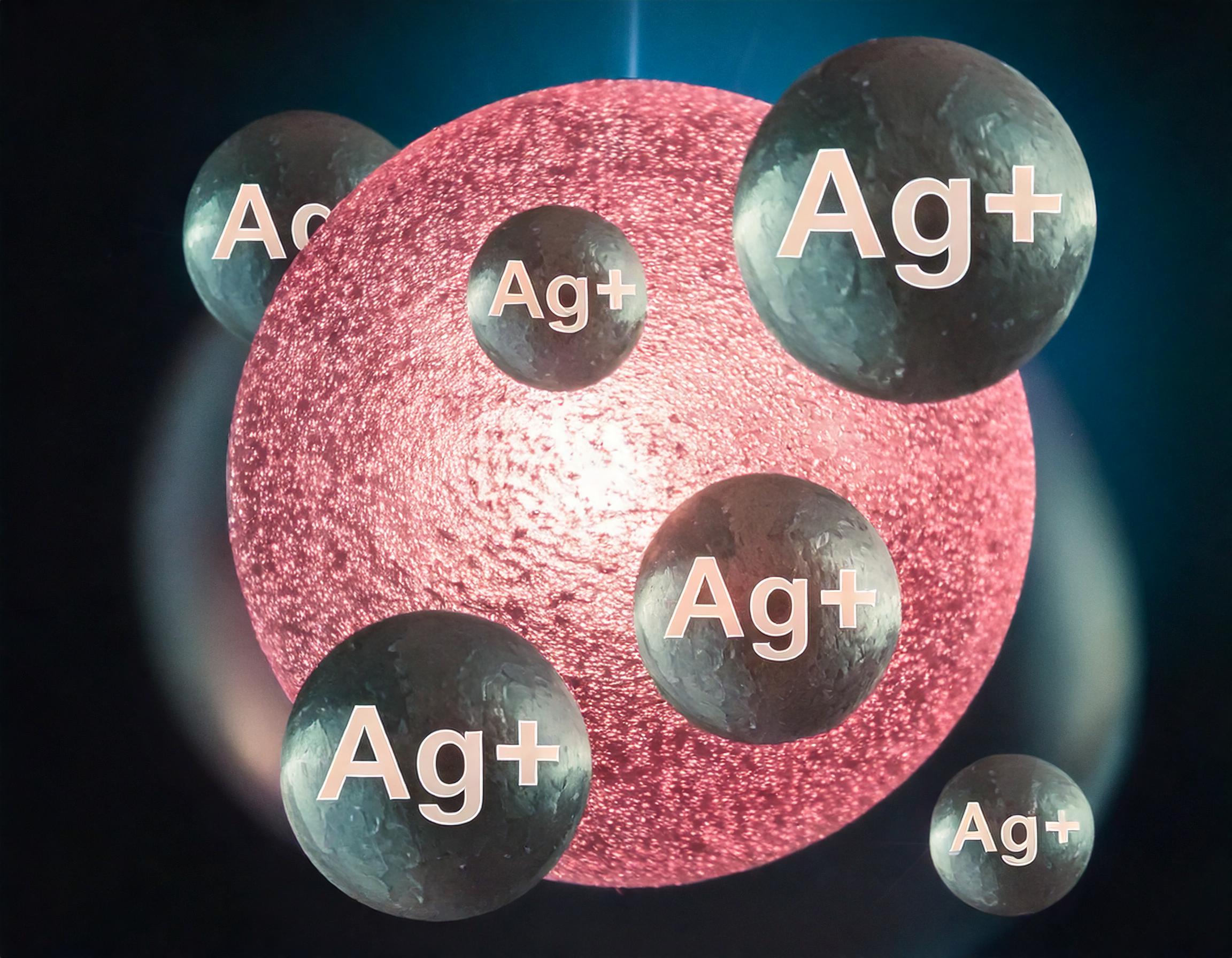
Silver-based antimicrobial additives like Biomaster have proven themselves as a safe, effective, and environmentally responsible solution for industries looking to enhance product hygiene. As we look to the future, silver’s role in antimicrobial technology will continue to evolve, supported by a rich history, ongoing scientific advancements, and an increasing commitment to sustainability. With the growing global focus on public health, silver-based technology is poised to play an even more significant role in protecting products in various industries.
In an increasingly interconnected and hygiene-conscious world, the demand for effective antimicrobial solutions is rising. The COVID-19 pandemic has underscored the critical need for enhanced hygiene standards. As industries adapt to these challenges, silver-based antimicrobial technology is well-positioned to meet the growing demand for more hygienic products.
Here are 10 Facts About Silver as an Antimicrobial
Further Reading
- Lansdown AB. Silver in health care: antimicrobial effects and safety in use. Curr Probl Dermatol. 2006;33:17-34. doi: 10.1159/000093928. PMID: 16766878. (https://pubmed.ncbi.nlm.nih.gov/16766878)
- Rai M, Yadav A, Gade A. Silver nanoparticles as a new generation of antimicrobials. Biotechnol Adv. 2009 Jan-Feb;27(1):76-83. doi: 10.1016/j.biotechadv.2008.09.002. Epub 2008 Sep 30. PMID: 18854209. (https://pubmed.ncbi.nlm.nih.gov/18854209)
- Feng QL, Wu J, Chen GQ, Cui FZ, Kim TN, Kim JO. A mechanistic study of the antibacterial effect of silver ions on Escherichia coli and Staphylococcus aureus. J Biomed Mater Res. 2000 Dec 15;52(4):662-8. doi: 10.1002/1097-4636(20001215)52:4<662::aid-jbm10>3.0.co;2-3. PMID: 11033548. (https://pubmed.ncbi.nlm.nih.gov/11033548)
- Goda RM, El-Baz AM, Khalaf EM, Alharbi NK, Elkhooly TA, Shohayeb MM. Combating Bacterial Biofilm Formation in Urinary Catheter by Green Silver Nanoparticle. Antibiotics (Basel). 2022 Apr 8;11(4):495. doi: 10.3390/antibiotics11040495. PMID: 35453246; PMCID: PMC9032029. (https://www.ncbi.nlm.nih.gov/pmc/articles/PMC9032029)
- ATSDR (Agency for Toxic Substances and Disease Registry). (2020). Toxicological profile for silver. (https://www.atsdr.cdc.gov/toxprofiles/tp146.pdf)
- International Organization for Standardization. (2011). ISO 22196:2011 - Measurement of antibacterial activity on plastics and other non-porous surfaces. (https://www.iso.org/standard/54431.html)
What Next?
🔗 Follow us on Social Media, here is our LINK TREE
✉️ See how our additive technology can benefit your business by CONTACTING US
🦠 Find out more about Biomaster Antimicrobial Technology HERE
🎥 Watch our video on how Biomaster works WATCH NOW
📰 Subscribe to our Newsletter - SUBSCRIBE
← Back to blog


